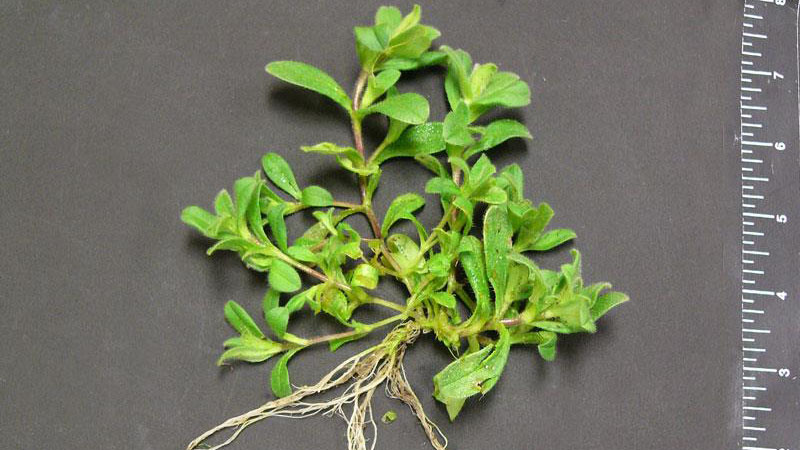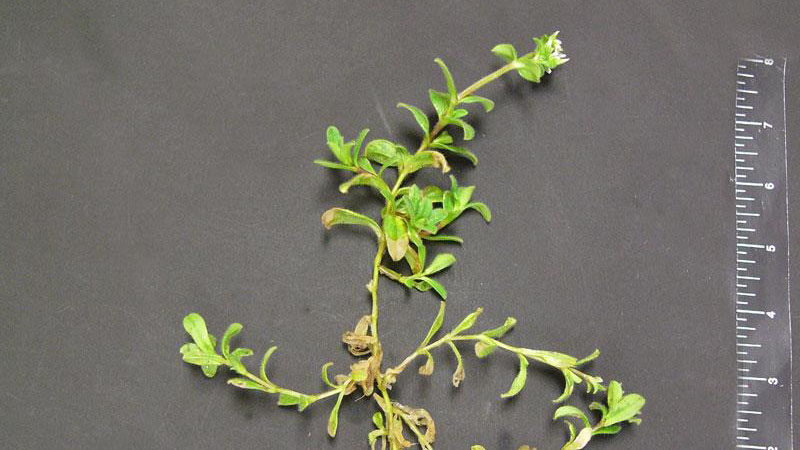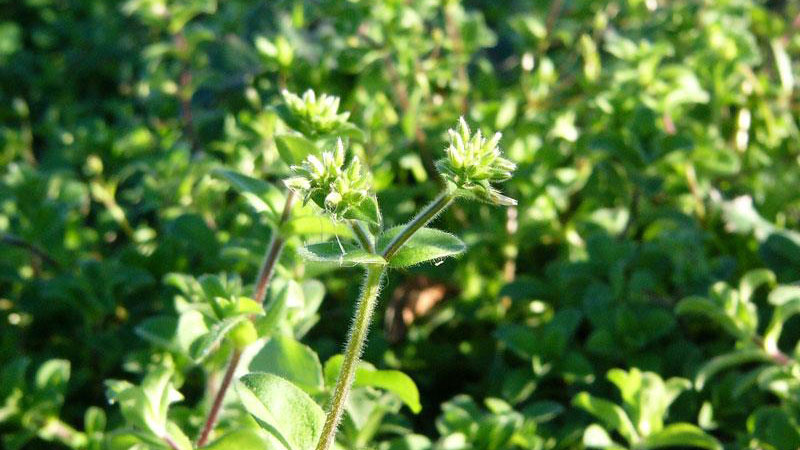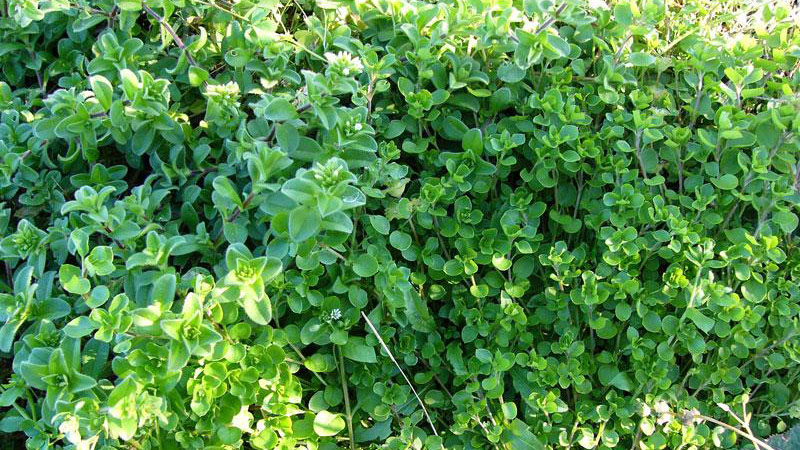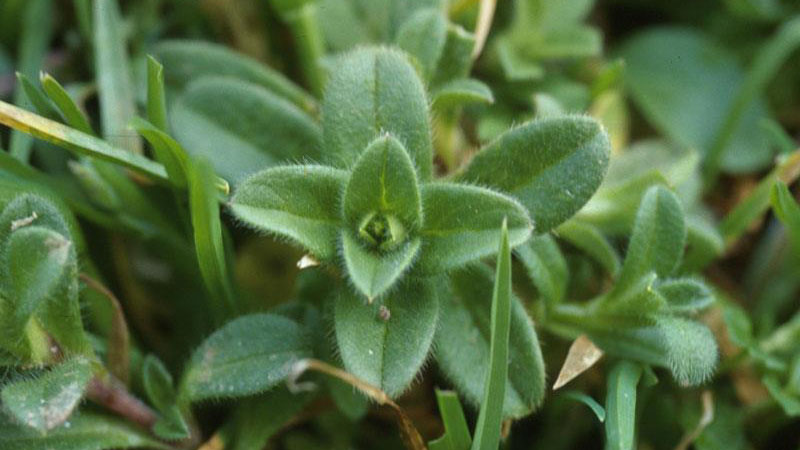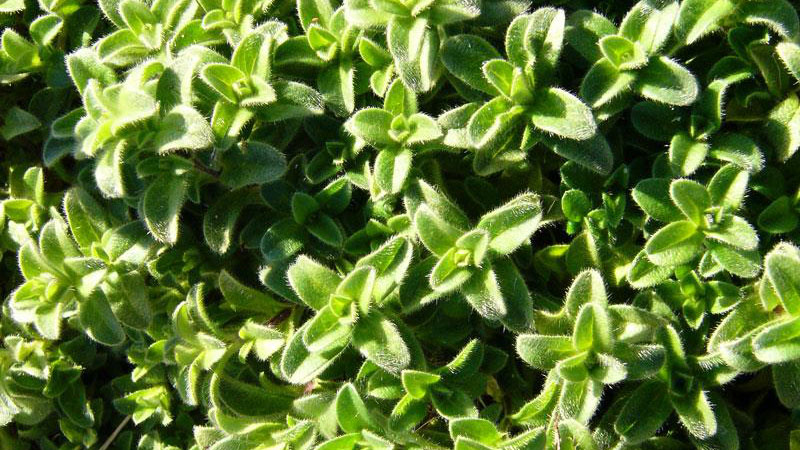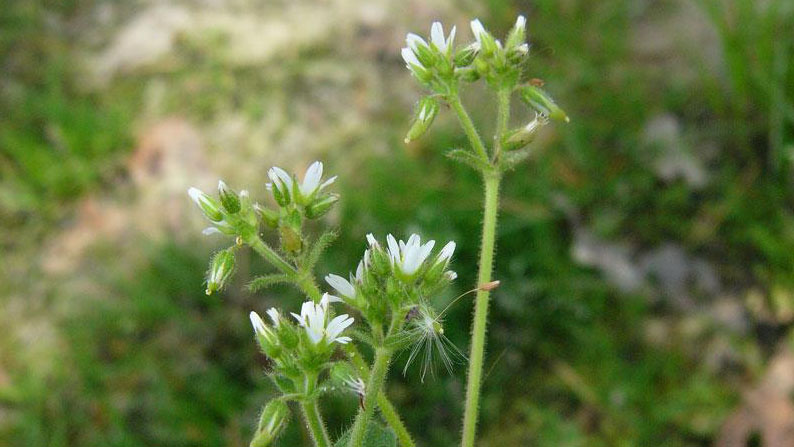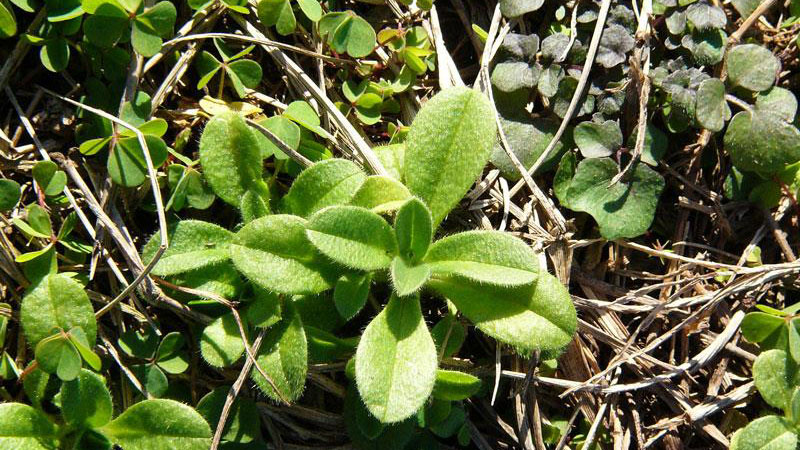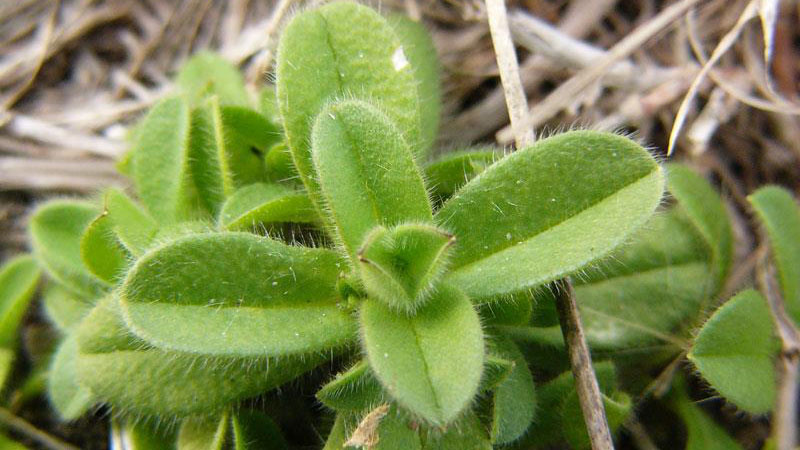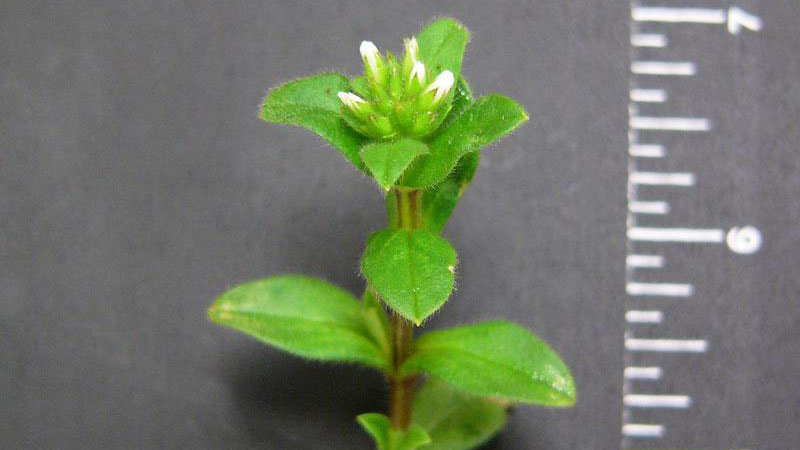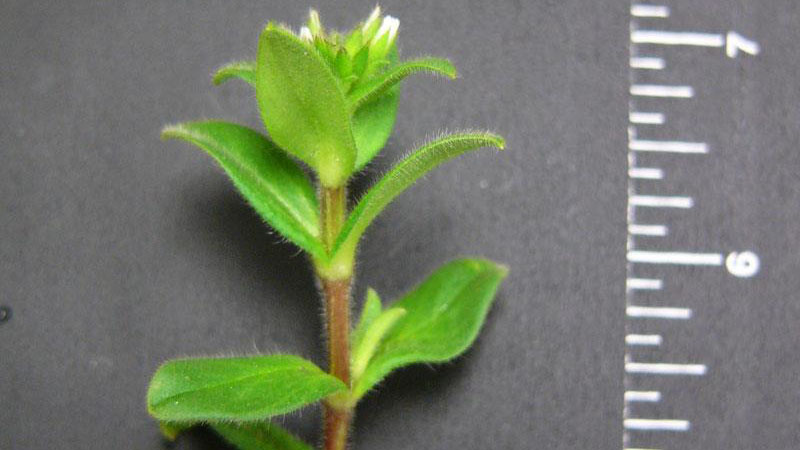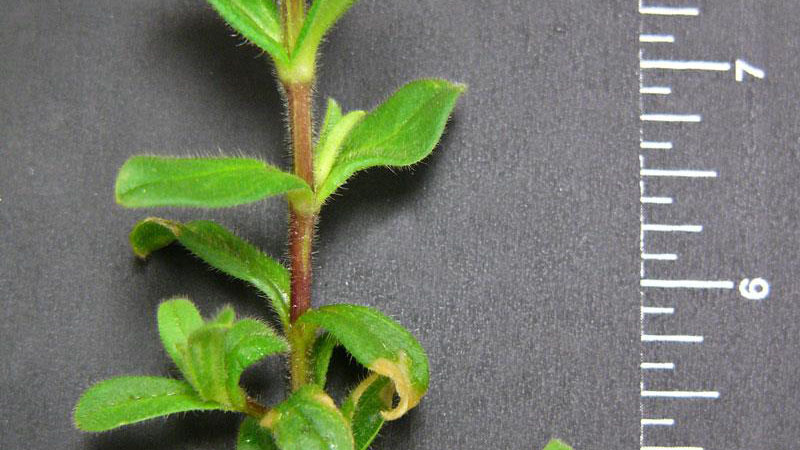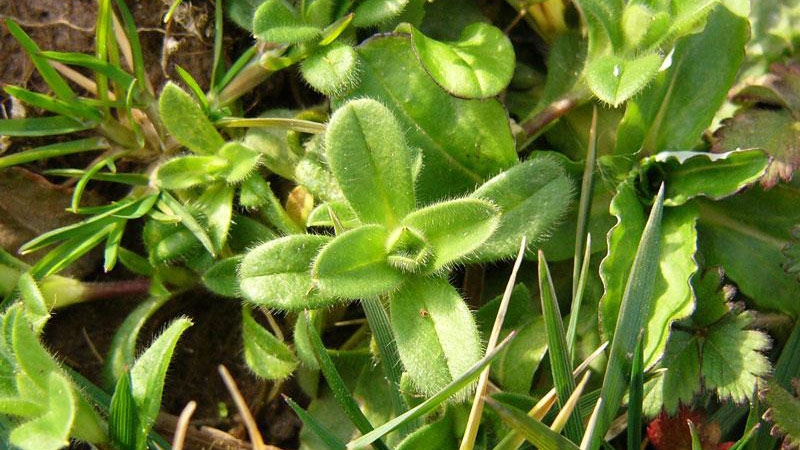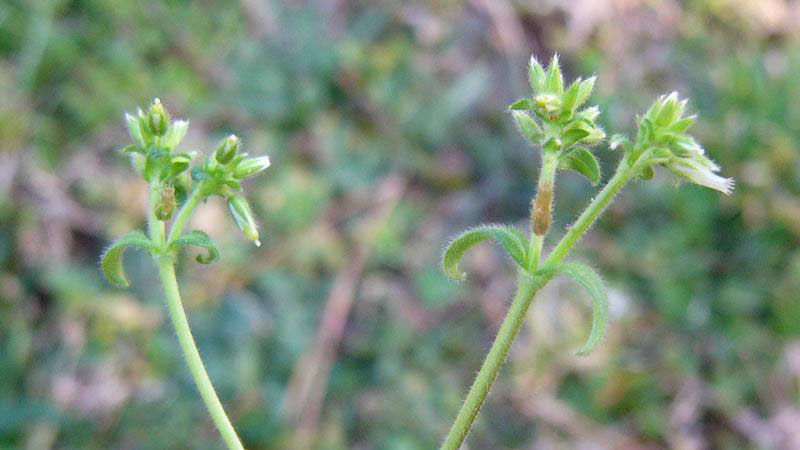Mouseear Chickweed
en Español / em Português
El inglés es el idioma de control de esta página. En la medida en que haya algún conflicto entre la traducción al inglés y la traducción, el inglés prevalece.
Al hacer clic en el enlace de traducción se activa un servicio de traducción gratuito para convertir la página al español. Al igual que con cualquier traducción por Internet, la conversión no es sensible al contexto y puede que no traduzca el texto en su significado original. NC State Extension no garantiza la exactitud del texto traducido. Por favor, tenga en cuenta que algunas aplicaciones y/o servicios pueden no funcionar como se espera cuando se traducen.
Português
Inglês é o idioma de controle desta página. Na medida que haja algum conflito entre o texto original em Inglês e a tradução, o Inglês prevalece.
Ao clicar no link de tradução, um serviço gratuito de tradução será ativado para converter a página para o Português. Como em qualquer tradução pela internet, a conversão não é sensivel ao contexto e pode não ocorrer a tradução para o significado orginal. O serviço de Extensão da Carolina do Norte (NC State Extension) não garante a exatidão do texto traduzido. Por favor, observe que algumas funções ou serviços podem não funcionar como esperado após a tradução.
English
English is the controlling language of this page. To the extent there is any conflict between the English text and the translation, English controls.
Clicking on the translation link activates a free translation service to convert the page to Spanish. As with any Internet translation, the conversion is not context-sensitive and may not translate the text to its original meaning. NC State Extension does not guarantee the accuracy of the translated text. Please note that some applications and/or services may not function as expected when translated.
Collapse ▲Description
Mouseear chickweed (Cerastium) acts as a winter annual in eastern North Carolina and as a perennial in the western part of the state, especially at higher elevations. It has a vigorous prostrate growth habit. Hairy stems may creep along the ground and take root at nodes touching the soil. The small, white flowers have five slightly notched petals. Mouseear chickweed is similar in growth habit (spreading) and appearance to common chickweed, but mouseear chickweed leaves are dark green or gray-green, and are covered with soft hairs.
Cultural Control
Chickweed will survive under close mowing, forming dense patches which crowd out the desirable turfgrass. This weed quickly invades thin turf areas especially where there is good soil moisture. Shade and frequent watering encourage chickweed growth.
Species Data
- GROWTH SEASON / LIFE CYCLE
- winter annual or biennial or perennial weed
- GROWTH HABIT
- LEAFLET NUMBER
- one
- LEAF MARGIN
- smooth
Figure 9
- smooth
- LEAF HAIRS
- LEAF / LEAFLET SHAPE
- oval to elliptical without petiole
- LEAF WIDTH
- 1⁄2 - 1 inch
- LEAF VENATION
- pinnate
- LEAF ARRANGEMENT
- opposite
- ROOT TYPE
- fibrous
- FLOWER COLOR
- white
Figure 15
- white



